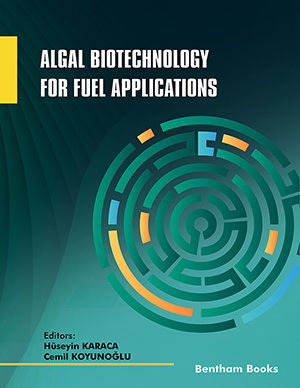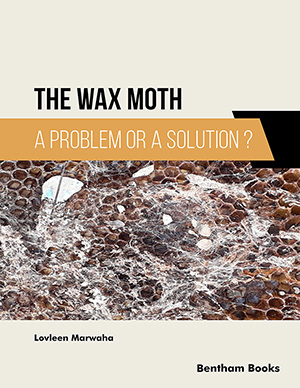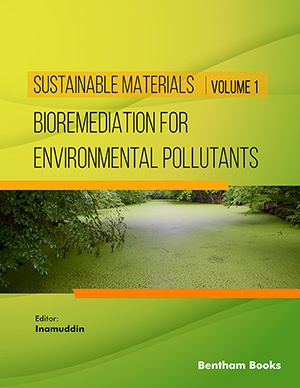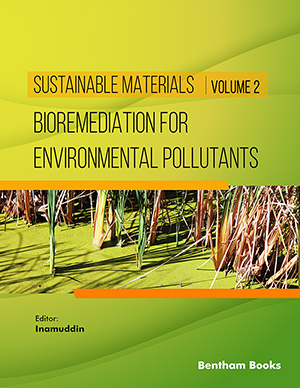Abstract
Popular theories of consciousness convey the notion that traces of consciousness exist even below the level of single-celled organisms. Alternatively, consciousness may emerge from the informational nature of life. Fundamental processes that, when scaled up, might give origin to the “mind” must transit from biological mechanisms to information. Portraying the subject-world dialectic of singlecelled organisms as the first exchange that makes this transition possible does not constitute a hypothesis, but a description. Qualia refer to subjective phenomena, and not to something objectively present or to the human brain processes from which such phenomena arise. Nonetheless, qualia can still provide tailored adaptive information about reality from the perspective of the organism. One can reconcile this notion with the illusory nature of qualia by recognizing a variable “Q”. This variable represents an abstraction of the processes that transform evolutionarily relevant information into the subject experience. Q represents adaptive inference processes that incorporate the state and the causal architecture of the environment. These inference processes at some point became human consciousness.
Keywords: Adaptive Information, Active Inference, Consciousness in Single- Celled Organisms, Conservative Natural History, Imaginary Numbers, Informational Nature of Life, Membrane Excitability, Origin of Mind, Original Awareness, Panpsychism, Qualia Fundamental Processes, Single-Celled Organisms, Subject-World Dialectic, Traces of Consciousness, Variable Q.






















